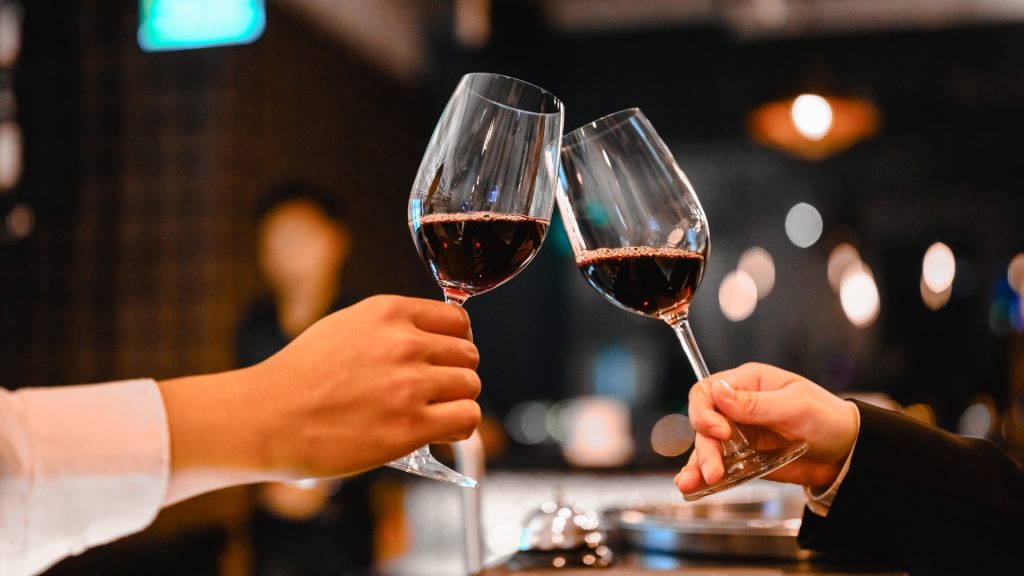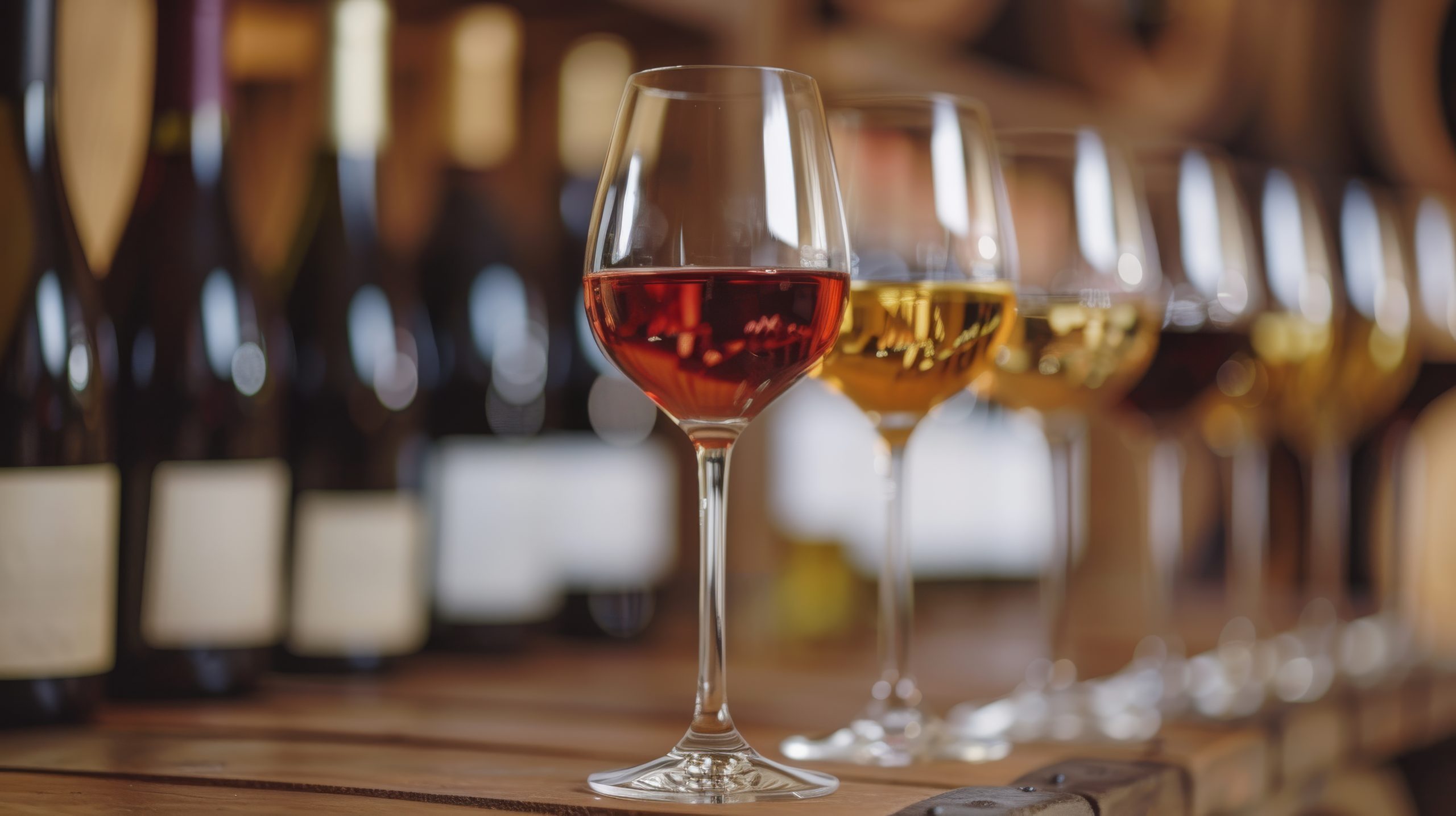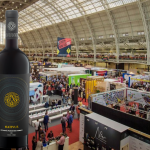Tasting is undoubtedly the main way to learn about wine – especially if it takes place at a winery, but that’s another discussion. Naturally, there are various types of tastings: with the sommelier or sales representative of the winery/importer, with the restaurant host, or with a notable figure from the ever-growing world of wine connoisseurs. Each has their own style, level of knowledge, and unique way of engaging with guests. That said, don’t let participating in a tasting make you believe you’ve learned everything there is to know. Every experience offers something to learn, clarify, or deepen.
The Wines of Romania Survey
Recently, the Wines of Romania Facebook page hosted a mini-survey asking what is the worst faux pas at a wine tasting. The response options were:
- Holding the glass by the bowl
- Interrupting the speaker
- Wearing a strong perfume
- Getting drunk
- Tasting wine from the spittoon and praising the unique blend
- Saying the wine is bad
- Talking about how much better other wines you’ve tasted are
Unsurprisingly, the most voted options were "wearing a strong perfume" and "getting drunk," although praising other wines, holding the glass by the bowl, interrupting the speaker, and sampling the "final blend" from the spittoon also garnered significant votes. Let’s explore these faux pas further, noting that none of these behaviors are well-seen.
The Most Voted Mistakes
For obvious reasons, the most voted options are also the most serious offenses. While holding the glass by the bowl only affects you, wearing a strong perfume affects everyone, especially in a confined space.
Each grape variety has its own aromatic spectrum, and the specific expression in the glass is unique – no exaggeration. Wine itself is unique, influenced by the terroir (climate and soil of its origin), harvest timing, and winemaking techniques. Moreover, wine evolves and transforms in the bottle, even imperceptibly. When tasted daily, it might seem the same, but when sampled years apart, differences become clear. Wines presented at tastings are often at their "plateau" or optimal tasting/consumption period.
Now imagine all that aromatic expression drowned out by a wave of perfume. Whether masculine or feminine doesn’t matter – it happens in both cases. Searching for freshly cut grass or flint notes under layers of cedarwood, musk, or amber is not only disrespectful to other participants but also a "misstep" that ruins the tasting experience for everyone.
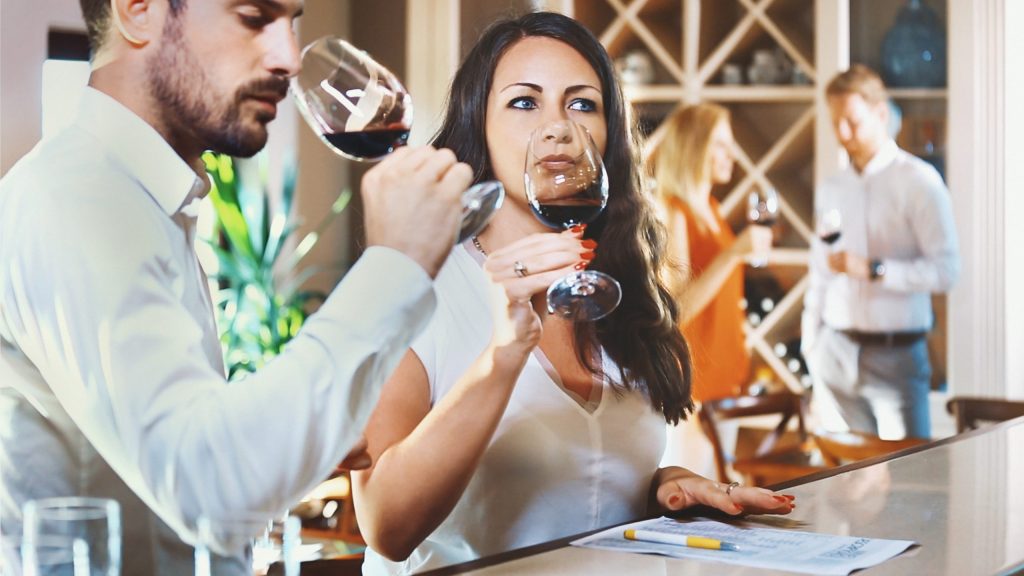
You Can Get Drunk After the Tasting, If You Must
"Getting drunk" was the second most-voted response, and understandably so. First of all, it’s called a tasting, not a casual drinking session or party. The purpose of a tasting is education – learning about a producer, a vintage, or a portfolio. Even when tasting 3–5 wines or more, the quantities served are not meant to cause inebriation. For larger tastings with 9–12 wines, the amount poured (about 75 ml per glass, roughly one bottle shared among ten people) is necessary for assessing the aromatic profile but doesn’t need to be fully consumed – that’s what spittoons or disposal vessels are for.
Even at a large tasting of ten wines, the total wine consumed is equivalent to one bottle over 3+ hours. So, if you get drunk, it’s likely because you drank beforehand, have a low tolerance, or intended to get intoxicated all along.
While some drunk people might seem harmless or amusing, the intoxicated state of a participant impacts everyone present. Each individual should know their limits and act accordingly. Moderation is key. If you can’t resist getting drunk, nothing stops you from going to another bar after the tasting to indulge where it won’t disrupt others. (On a related note, there’s more to be said about who makes the guest lists for tastings, but when tickets are sold online, it’s hard to screen everyone on the first try – though a blacklist might help over time.)
The Lesser-Voted but Serious Faux Pas
Drinking the "blend" from the spittoon
This assumes no one else has spit into it, which would be… let’s not get into details.
The winery staff spend months, even years, meticulously working barrel by barrel, balancing acidity, tannins, aromas, and structure to achieve a harmonious final product. Then, you claim that a random mix from a spittoon—perhaps including a sweet white, a semi-dry rosé, and a heavily oaked red—is your dream wine. Seriously, did you attend the tasting for a genuine reason, or just because you heard it would be fun? Or do you genuinely believe your senses surpass the combined expertise of winemakers, enologists, sommeliers, and marketers?
Why You Shouldn’t Interrupt the Speaker (and When It’s Okay)
Sure, not every speaker is charismatic, and unfortunately, some lack expertise. But at established wine bars or tastings organized by reputable producers, the person speaking usually knows their stuff. These tastings often feature wines being presented for the first time or vintages matured to their optimal drinking stage, designed to maximize enjoyment.
While some speakers encourage interaction and questions, consider your position relative to other participants. If you know far more than the group, don’t bore everyone with ten minutes on tannin polymerization. If you’re a beginner, save questions about "wine made from pills" or "Grandpa’s backyard grapevines" for the end. Just as moderation is essential in drinking, a little "self-awareness" is crucial in conversation. Think like the Japanese: aim not to disrupt others.
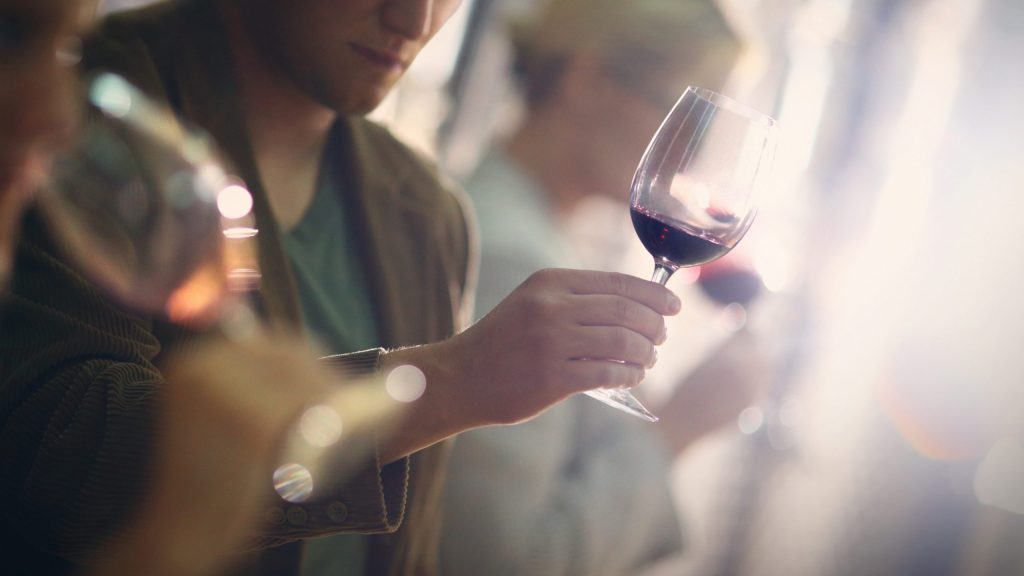
Holding the Wine Glass by the Bowl – Looks Cool, But Do You Know What You’re Doing?
From Brad Pitt to Angelina Jolie, you’ve probably seen how glamorous a glass looks when held by the bowl rather than the stem. But wine changes expression with temperature. Proper serving temperatures are generally 10–13°C for whites and 12–17°C for reds, with some exceptions. Holding the bowl warms the wine rapidly, altering its profile and rendering the speech held by the host irrelevant. You might think the speaker is "talking nonsense" about blackberries and blueberries, while all you detect is alcohol and cocoa.
“I’ve Had Better Wines…”
Talking about much better wines you’ve tasted or calling the tasting wine "bad" are two nuanced but serious offenses. If you’re a connoisseur raised on Petrus and Opus One, it’s fair to acknowledge that most wines won’t meet your standards. But then why attend? Were you expecting a Petrus to magically appear from the banks of the Olt River or a Chablis in Transylvania? These regions are still evolving, with the rebirth efforts barely 30 years in the making.
If your intention is to compare the wine to what you’ve made at home or to dismiss all bottled wine as "chemical," you’ve misunderstood the purpose of a tasting: learning. A wine tasting isn’t the place to air uninformed biases – it’s an opportunity to understand the craft and complexity behind the bottle.
Calling a Wine “Bad”
A wine can be flawed or not. If it’s flawed, say so clearly. If it’s of lower quality, explain why – harvested too much or too early, overly filtered, or lacking expression. Rarely is a wine just "bad." If you’ve never harvested grapes under the scorching sun or bitten by frost, if you never washed barrels for hours, never crawled in a stainless steel tank to scratch for hours the remains of the latest harvest, it’s unjust to dismiss the labor behind the bottle. Even top regions like Bordeaux or Tuscany experience disastrous vintages. Unless you understand the conditions of the vintage and the effort behind the wine, calling it "bad" is not just unfair but insulting.
However, this may be just as well another goal of the wine tastings: help you decide what wines you’ll avoid in the future. Just keep it for yourse
